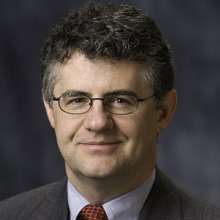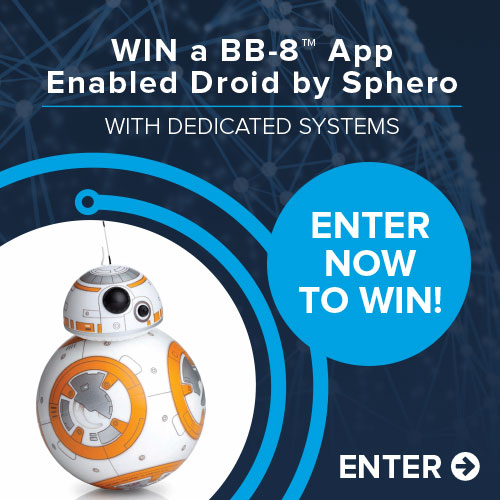
In conjunction with Tech Days, we are hosting several free, half day, hands-on workshops.
- Adelaide Workshops – Thursday 22nd March – Innovation House, Technology Park, SA
- Brisbane Workshops – Wednesday 21st March – 3/288 Edward Street, Brisbane City, QLD
Please register using the form at the bottom of this page.
Workshops
‘INTRODUCTION TO DDS PROGRAMMING’ - by Dr Howard Wang (RTI)
‘TROUBLESHOOTING EMBEDDED SYSTEMS’ - by Kiran Kumar (Wind River)
‘ADA FOR THE C, C ++ OR JAVA DEVELOPER’ - by Eric Perlade (AdaCore)
‘EXTENDING AND CUSTOMISING STATIC ANALYSIS’ - by Dr. Paul Anderson (GrammaTech)
‘INTRODUCTION TO DDS PROGRAMMING’
This short workshop is targeted for people with little or no experience with DDS. It will begin with a brief introduction to the technology and then dive into creating programs that share data over networks using the DDS API with hands-on participation. Students will learn about the fundamental APIs used in DDS as well as how to control DDS behavior using Quality of Service. Finally, development tools that are useful for debugging DDS applications will be introduced and explored.
Requirements: Participants are required to bring a laptop with RTI Connext DDS Software installed with an evaluation license.
Presenter: Dr Howard Wang (RTI)
Dr Howard Wang (RTI) has been with RTI since 1996 and is responsible for expanding the adoption of DDS in the Asia Pacific region. He is an expert in embedded real-time systems specialising in network communications and systems integration. Howard has consulted with the NASA Kennedy Space Center in helping to rewrite the launch and processing software for the Space Shuttle and next generation launch vehicles for the US space program. He holds a PhD and an MS in Aeronautics and Astronautics from Stanford University, as well as BSEs in Aerospace and Computer Engineering from the University of Michigan. Howard has authored several papers presented in international journals and conferences.
Time: Brisbane – 12:30 pm – 3:30 pm, Adelaide – 9:00 am – 12:00 pm
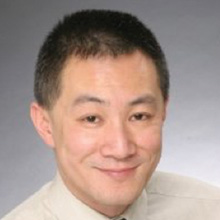
‘TROUBLESHOOTING EMBEDDED SYSTEMS’
This workshop will explore the use of Wind River Simics as a full system simulator Platform for developing and testing embedded systems. A number of advanced debugging capabilities will be demonstrated such as the ability to record/replay software execution on a Virtual Platform, inject faults into the virtual platform to study system behaviour and the use of system snapshots to collaborate with other developers. The workshop will conclude with an example of Co-Simulation using both Simics and Simulink PIL for physical world simulation.
Presenter: Kiran Kumar (Wind River)
Kiran Kumar is a Field Application Engineer at Wind River. He has over 21 years of experience with embedded software and systems spanning industries such as Aerospace and Defence and Industrial Automation. His current work includes assisting customers in architecting safety systems in a number of avionics platforms. He has previously worked at GE Fanuc Automation where he was responsible for commissioning safety systems for power plants, refineries and to other process control applications. He’s also worked in technical roles at GE Intelligent Platforms (Now Abaco), Mistral Solutions (Channel Partner for Curtiss Wright and Wind River) and he has extensive experience in systems engineering, troubleshooting, and the provision of consulting services. Kiran has both a Masters of Technology Degree in VLSI & Embedded Systems from Visvesvaraya Technological University and MBA from KSOU, India.
Time: Brisbane – 9:00 am – 12:00 pm
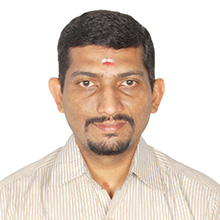
‘ADA FOR THE C, C ++ OR JAVA DEVELOPER’
In highly reliable safe and secure applications, whose failure could jeopardise human life or critical assets, the programming language must support the high level of software engineering required to maintain the integrity of the system. The concept of verification – the practice of demonstrating that the system behaves and performs as intended – is key. The latest versions of Ada, Ada 2005 and Ada 2012 make enhanced software integrity possible. This workshop will provide an overview of the Ada language, using analogies to C++ and Java. All attendees will be given a copy of the booklet ‘Ada for the C++ or Java Developer.’
Requirements: Participants are required to bring a laptop running windows.
Presenter: Eric Perlade (AdaCore)
Eric Perlade is a Technical Account Manager at AdaCore. He is responsible for providing technical assistance, training and consulting services to AdaCore’s customers. As a software engineer and aerospace enthusiast he started his career working for Airbus France developing critical software for hard real-time systems. Eric holds a Masters Degree in critical software engineering from Université Paris 7 as well as a pilot licence.
Time: Brisbane – 9:00 am – 12:00 pm, Adelaide – 1:00 pm – 4:00 pm
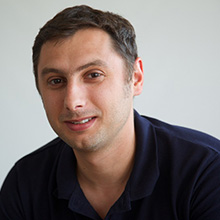
‘EXTENDING AND CUSTOMISING STATIC ANALYSIS’
Advanced static analysis tools have proven very useful at finding serious software defects. They work by creating an abstract model of the entire program and simulating paths of execution, looking out for conditions that lead to undefined behavior or illegal uses of APIs. Out of the box, these tools can find hundreds of different kinds of bugs, as well as violations of coding standards. This workshop will start with an extended demonstration of CodeSonar to showcase the kinds of defects that are possible to find in C and C++ programs. It will continue with a lesson in how to extend the tool to find entirely new classes of bug using techniques that range from setting simple configuration parameters to those that use an API to access the underlying program model. Attendees are expected to be familiar with C and C++.
Presenter: Dr. Paul Anderson (GrammaTech)
Dr. Paul Anderson is VP of Engineering at GrammaTech. In this role, Dr. Anderson is actively involved with industry regulatory requirements and software best practices for which static analysis techniques, via source or binary analysis, can be used to find and eliminate software defects that impact quality and security. He received his B.Sc from King’s College, University of London, and his Ph.D. from City University London. His research has been reported in numerous articles, journal publications, book chapters, and international conferences. Dr. Anderson is a senior member of the ACM, and has been with GrammaTech since 1991.
Time: Brisbane – 12:30 pm – 3:30 pm, Adelaide – 1:00 pm – 4:00 pm
